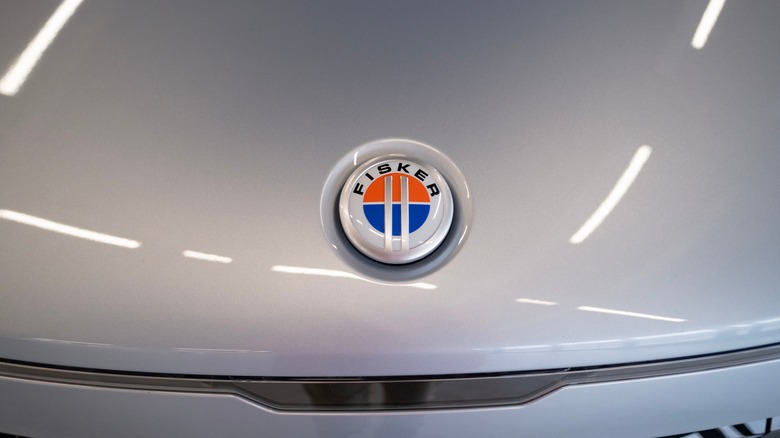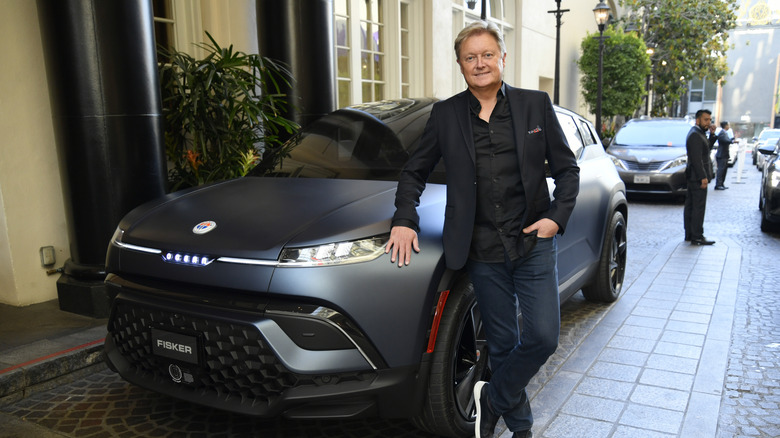Fisker Files For Bankruptcy: Here's Why We're Not Surprised
American EV upstart Fisker has filed for Chapter 11 bankruptcy in a Delaware court, marking an end to its attempts to succeed with an affordable SUV in a cut-throat market. "We have faced various market and macroeconomic headwinds that have impacted our ability to operate efficiently," the company said in an official statement, adding that a sale of assets is the only viable option ahead for the brand.
Fisker's hiccups have been no hidden secret in the EV industry, which is notoriously tough on brands trying to make inroads in the budget-friendly segment, shifting away from the premium strategy adopted by the likes of Rivian and Lucid Motors. In January, it was reported that Fisker was struggling to meet internal sales targets by a healthy margin, according to internal documents seen by TechCrunch.
The findings coincided with a Fisker announcement about a shift in its sales strategy, moving from direct in-house customer handover to embracing a dealership model for the North American market, with similar plans in the exploration stage for the EU markets. In 2021, Fisker inked a long-term deal with Magna to produce the ill-fated Ocean SUV. In May this year, the contract manufacturer announced that it would no longer handle manufacturing duties for the electric car at its facility in Austria.
A predictable spiral
Fisker's troubles, however, ran deeper than the usual challenges any new entrant in the EV segment has to face, which can even include outrageous import restrictions to keep the local brands alive and kicking. The Ocean SUV was eviscerated for its poor quality, notably by YouTuber Marques Brownlee aka MKBHD. Earlier this month, Fisker also issued a recall for over 18,000 units across the European and North American markets over faulty software and some compliance issues.
This was preceded by the National Highway Traffic Safety Administration (NHTSA) launching an investigation into a faulty door issue affecting the Ocean SUV. Just a month prior to that, Fisker was delisted from the New York Stock Exchange over non-compliance with listing standards. It was around the same window that Fisker was reportedly exploring investment deals with another brand, a proposition that never materialized, leaving Fisker on its own.
Of course, all this trouble was accompanied by missing analyst expectations, trimmed revenue goals, and deepening losses. By the end of 2023, Fisker had shipped close to 5,000 vehicles, but was aiming to quadruple those numbers in 2024. That will no longer happen. On a personal front, Fisker's bankruptcy filing is the second high-profile failure for founder Henrik Fisker, who also famously failed to meet the production and repayment deadlines for the ambitious Karma, which would've rubbed shoulders with rivals like Tesla Roadster and the Porsche Taycan, among others.

